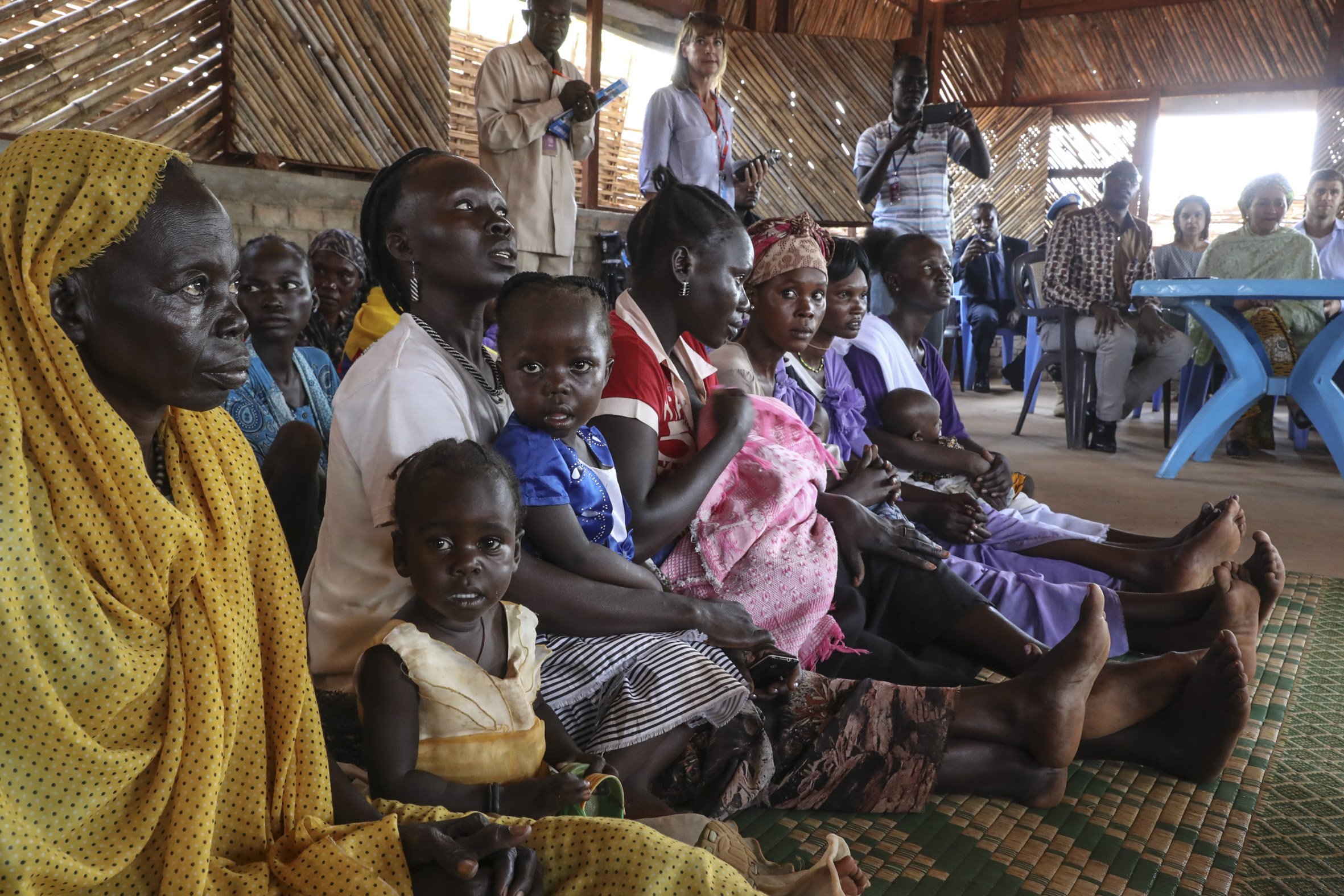
Restless Tidings: The Impacts of Civil War and Climate Change on Security for Women in Africa
The political climate in the Global South is taut with civil conflicts and the devastating effects of climate change. In recent conflicts, governments have used individual freedoms and ecological safety as bargaining chips. This is exemplified by the ongoing civil war in Sudan.

Mergers and Medicine: How Global Takeovers are Shaping Healthcare Access and Quality of Care
Global healthcare mergers promise innovation and efficiency, but do they deliver? Explore how cross-border takeovers are reshaping access, quality of care, and patient outcomes, revealing both opportunities and challenges in a rapidly consolidating industry.

A ‘Second China Shock:’ What it is and its Implications for the United States
China's rise on the global stage was facilitated in large part by an artificial export surge, the effects of which was dubbed the 'China Shock.' Now, with the country facing strong economic headwinds, Chinese leaders are trying to craft another export surge to revive growth. The U.S. may be in for another round of job loss and political turmoil.

Impending Wildfire: The Possible Economic Consequences of Argentina’s Latest Presidential Election
Argentina elected Javier Milei to the presidency, which has set an opportunity for a hard turn to the right. This approach could be financially and economically irreversible. Argentinian tolerance for such policies remains to be seen, but one thing is for certain: Milei’s plans for stabilization, including economic dollarization, would require a complete overhaul of current Argentine infrastructure.
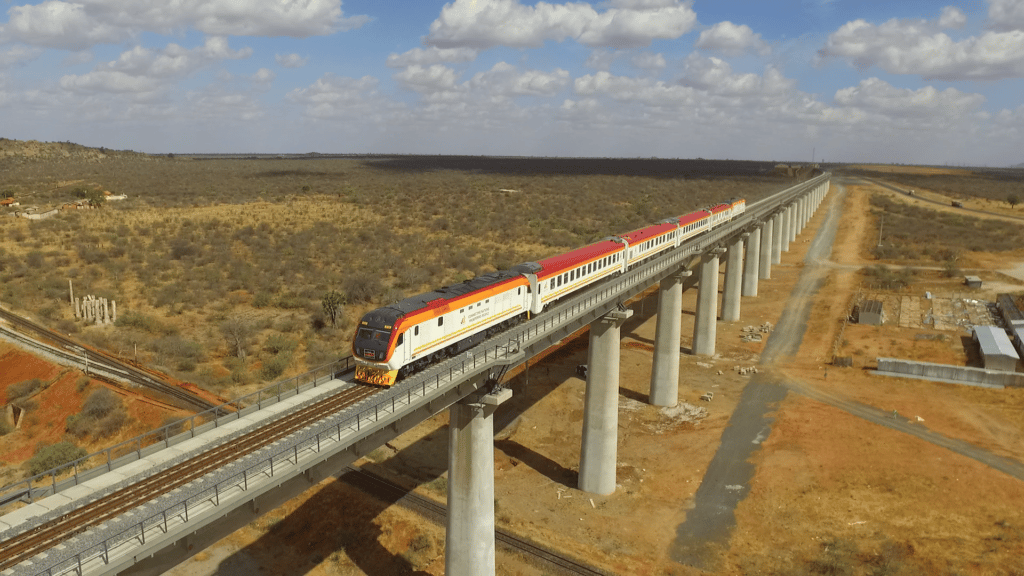
Trade, Development, and Debt: What China’s Belt and Road Initiative Means for Africa
In the last twenty years, China has funded $170 billion worth of development projects in Africa under the “Belt and Road Initiative.” The initiative aims to connect Asia, Africa, and Europe through infrastructure, but the BRI has been met with skepticism. Questions about China’s intentions in the region and the BRI’s long-term effects on the economies involved are paramount to the West

Forest City: Empty Developments, Empty Promises
Malaysia’s Forest City, a $100 billion development project, is in question. Concern over China's involvement in the project, as well as the project’s lack of environmental integrity intertwine to create a consensus that the project is prioritizing foreign capital over Malaysians and the environment.
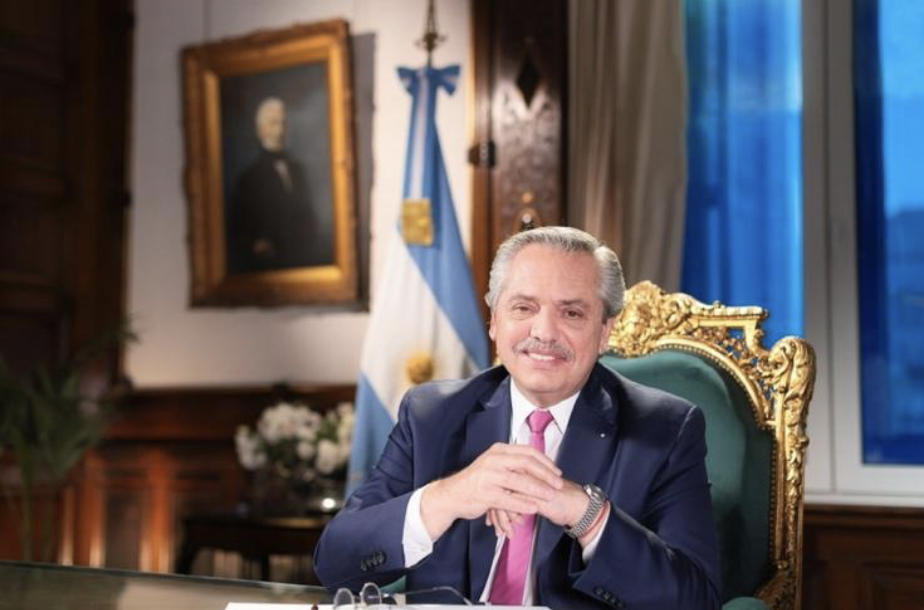
Economics and Politics in Argentina’s High Stakes Elections
There’s an old saying that elections have consequences. For Argentina, this could never be more true. The country’s upcoming election in October is highly consequential as it faces issues regarding the economy, the environment, and politics.
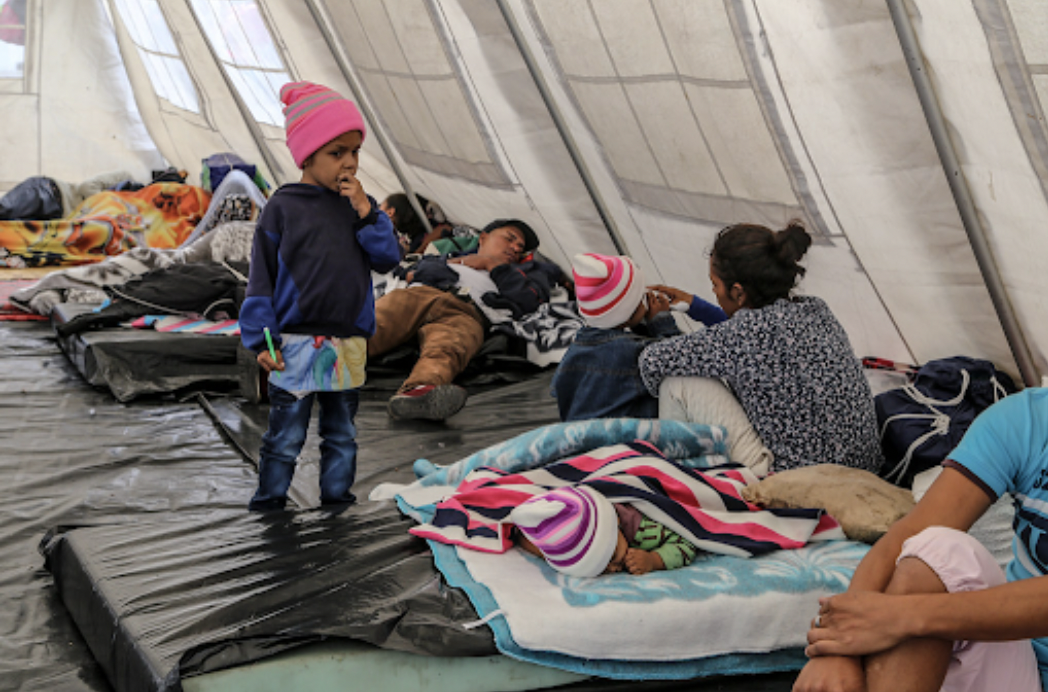





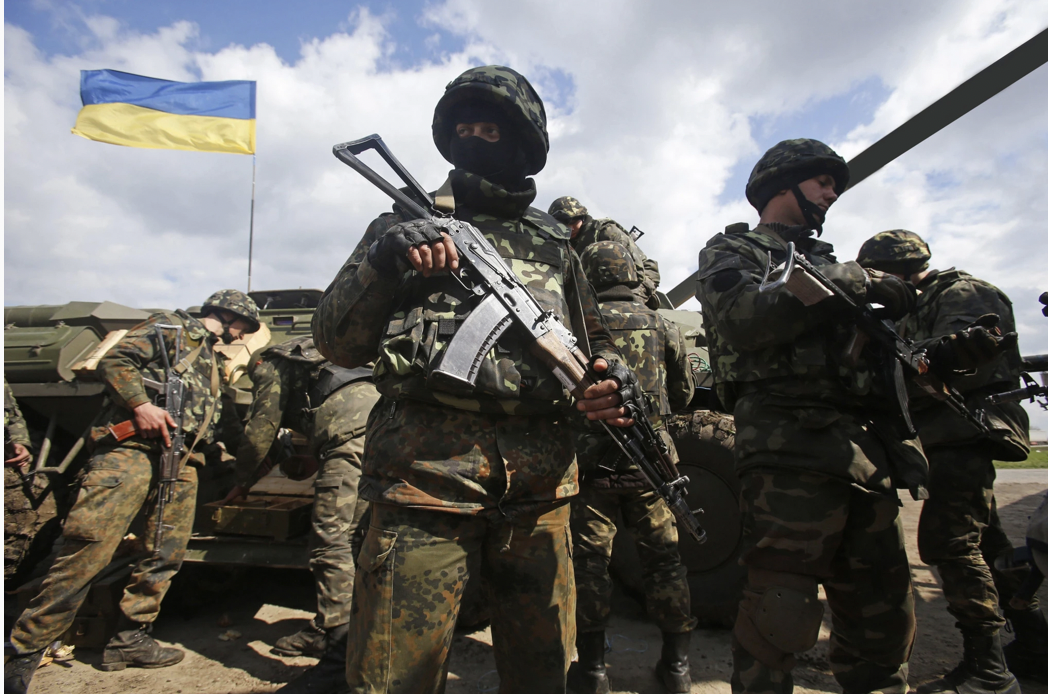
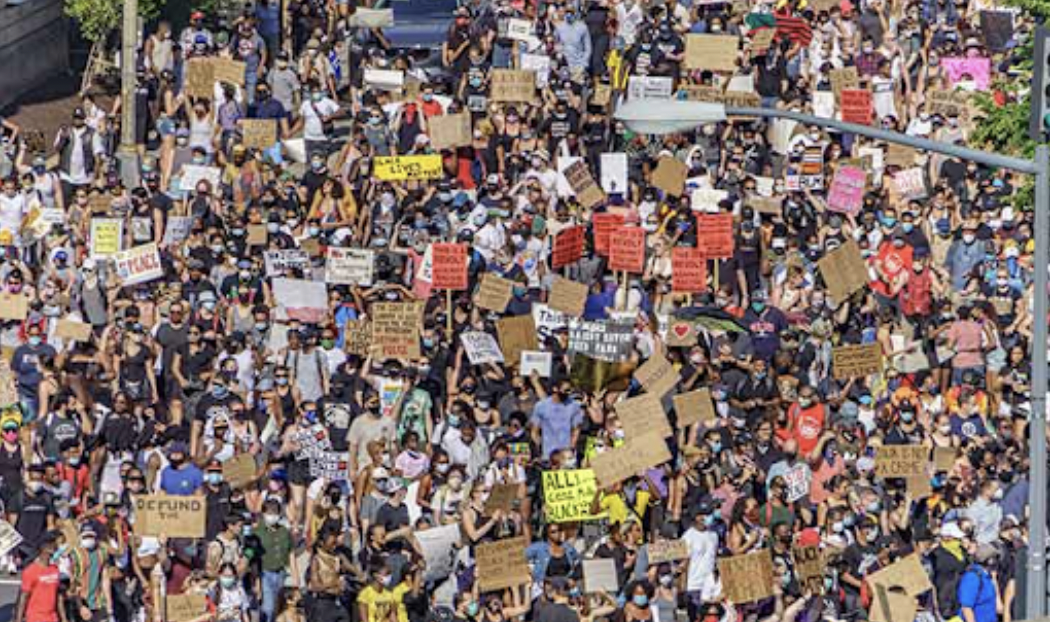
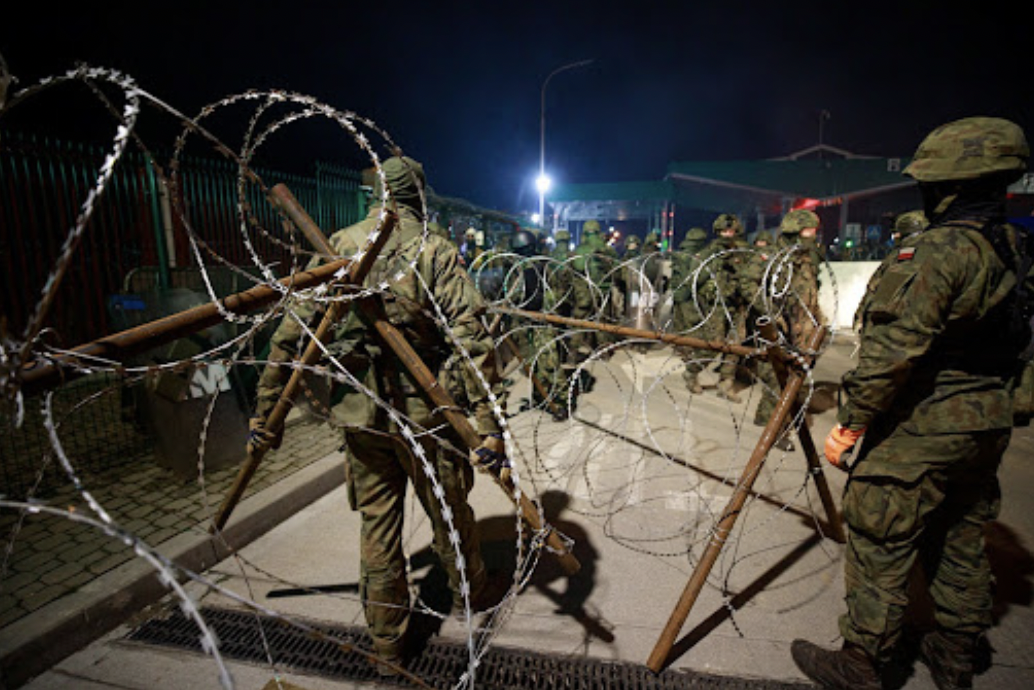

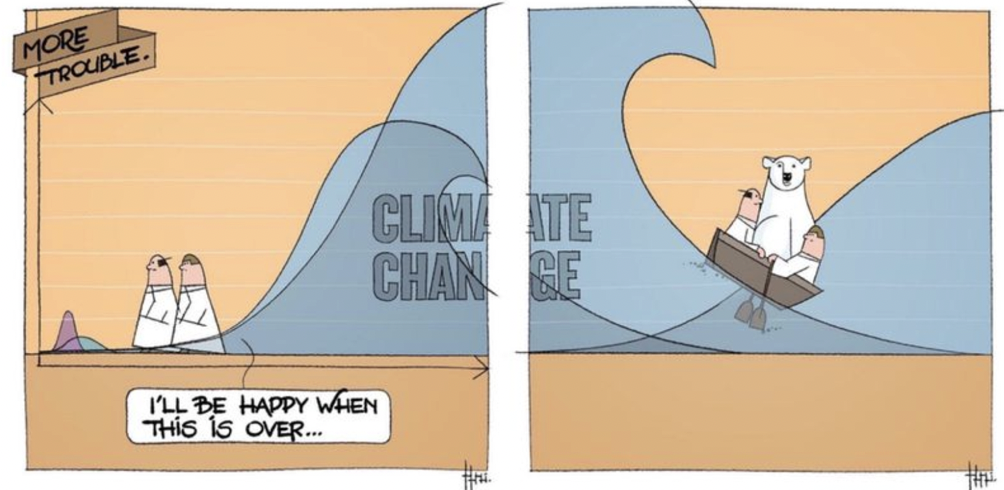
From Trade-Off To Transition: The Power Dynamics of a Green Industrial Revolution & COVID-19
Managing Editor Rebeca Camacho discusses the plummeting in energy consumption due to COVID-19, and what this could mean for addressing the broader issue of climate change.

How the Developing World is Coping with COVID-19: The Case of Bolivia
Developing countries have been largely omitted from the pandemic’s media narrative. The case of Bolivia demonstrates how a lack of healthcare and economic aid contributes to an even larger disparity between the developing and developed world.

COVID-19 and the Deepening of Federalism in India
The COVID-19 pandemic is stimulating the strengthening of Federalism in India. The response to the pandemic in different states contains a larger theme of autonomy from the center.